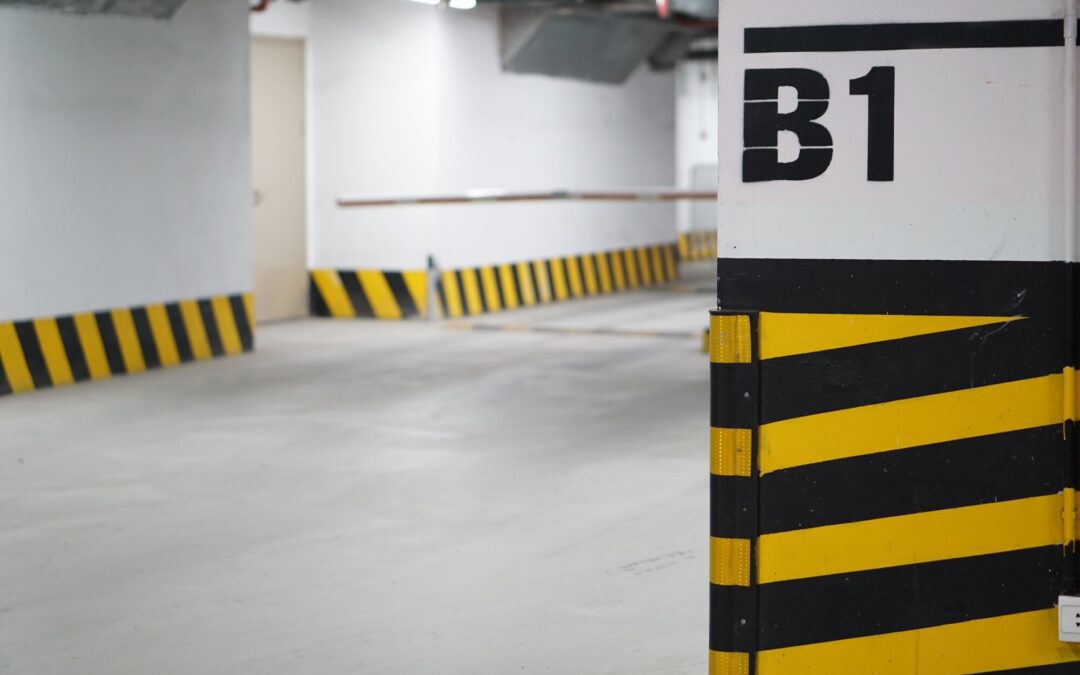With the housing market boom, a lot of people are investing in home improvement projects. Flooring renovations–including garages and workspaces–are particularly popular right now.
If you are thinking about redoing your floor, there are a lot of options to choose from. You may feel overwhelmed by the choices between polyurea vs polyurethane vs epoxy.
The information below will give you an idea of the advantages of each. It will help you make the best decision for your garage floor coating.
What Is Polyurea?
Polyurea is a type of elastomer made up of polymer resins. It is almost indestructible, resident to moisture, chemicals, extreme temperatures, and ultraviolet rays. This makes it a popular coating throughout different industries.
Polyurea vs Polyurethane vs Epoxy
Epoxy combines resins and hardeners. Polyurea and polyurethane are both made from isocyanate that reacts with polyol (polyurethane) or a synthetic resin (polyurea). Although polyurethane and epoxy have been around for decades, polyurea is newer to the coating industry.
Application
One of the biggest differences between polyurea vs polyurethane and epoxy is that polyurea cures much faster. Depending on the mixture, it can begin to harden within only a few seconds of laying.
This leaves less time for bubbles to form as the material hardens. This is a problem that is common with epoxy coatings.
This also makes for quicker installation times. It allows you to put down several layers without much time between applications.
Polyurea floors are ready for use after only a day. Polyurethane and epoxy coatings will need much longer to dry and set.
There is such thing as a coating that cures too quickly. But herein lies another advantage of polyurea: you can add ingredients to slow down this process. Formulations like polyaspartic polyurea allow you to control the curing rate.
Polyurea also can be applied in various temperatures and high humidity. Epoxy and polyurethane need more temperature conditions.
Polyurea bonds well to many different surfaces, including wood, cement, concrete, and various metals. Epoxy and polyurethane need more pristine conditions for proper adhesion.
Strength
Epoxy is harder than both polyurea and polyurethane, but this is not necessarily an advantage. It has very little flexibility, which makes it more brittle. This means it can dent, crack, and be damaged by extreme temperature shifts.
Polyurethane is more flexible than epoxy, but not as much as polyurea. A polyurea garage floor is resistant to scratches and abrasions and is more durable than polyurethane and epoxy. It’s also more resistant to chemicals and moisture.
Polyurea also is extremely resistant to ultraviolet light as well. It will not fade or yellow over time, like epoxy coatings. This also makes it perfect for outdoor applications.
Find Polyurea Floor Coating Near You
Now that polyurea vs polyurethane vs epoxy, you can decide which is right for your garage floor. A polyurea concrete coating is a great investment that will look and function great for decades.
The Garage Force provides the highest-quality garage floor coatings that will protect your floor and make it look great. These coatings are easy to maintain and will last a lifetime. Reach out to us today for a free quote and consultation.

